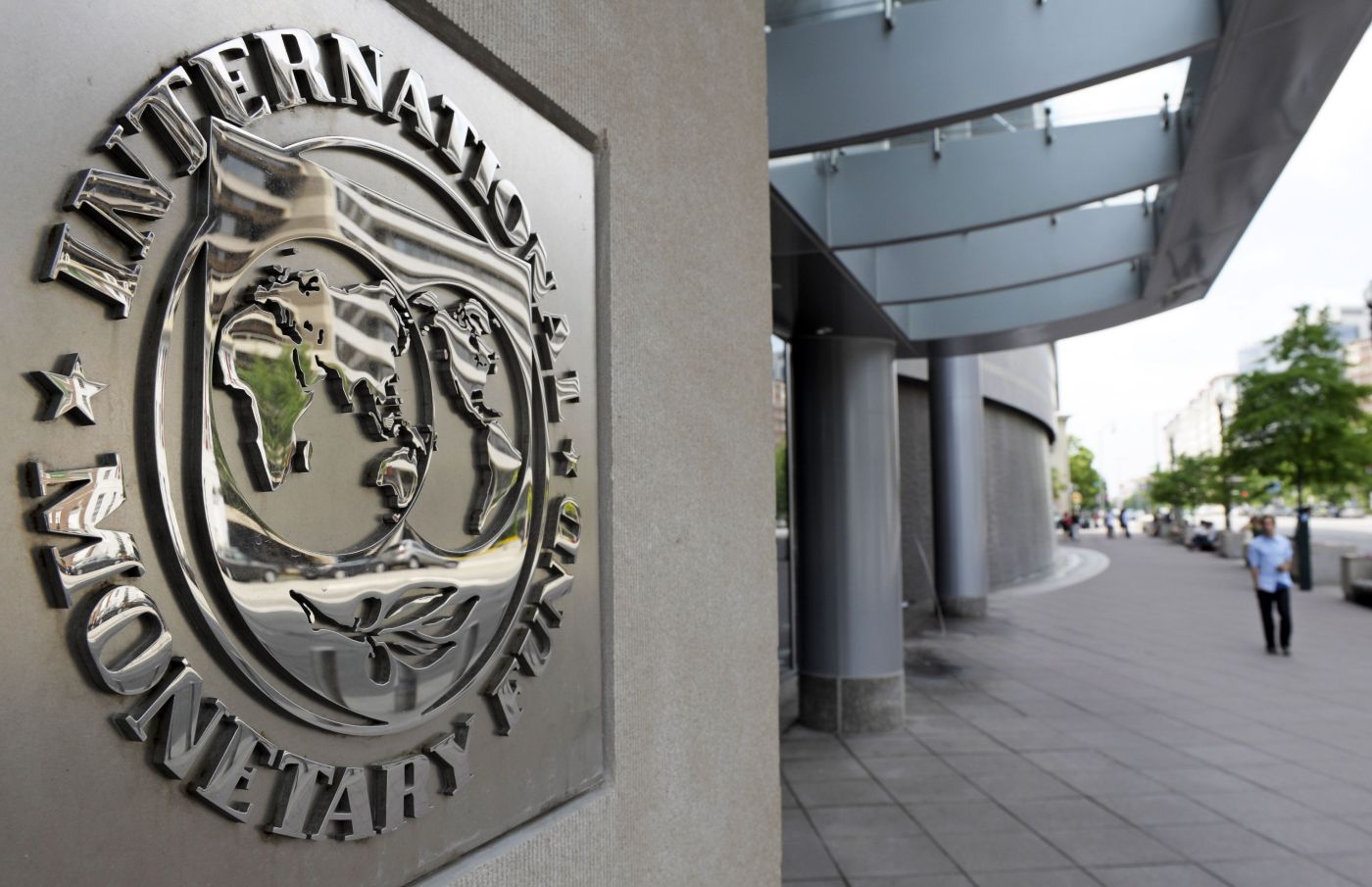The Executive Board International Monetary Fund (IMF) gave on Friday its final approval to Egypt’s three-year loan, worth USD 12 billion, to support the country’s economic reform program. “The EFF-supported program will help Egypt restore macroeconomic stability and promote inclusive growth. Policies supported by the program aim to correct external imbalances and restore competitiveness, place the budget deficit and public debt on a declining path, boost growth and create jobs while protecting vulnerable groups,” a press release from the IMF reads. According to the IMF’s press release, the first tranche amounts to USD 2.75 billion, of which the Executive Board’s approval “allows the immediate purchase,” while “the remaining amount will be phased over the duration of the program, subject to five reviews.” While Egypt had reached a staff-level agreement with the IMF in August, Egypt was waiting for the final say from the fund’s Executive Board. The approval came after Egypt fulfilled a number of prerequisites the fund had put forth for the fund, including floating the Egyptian pound, introducing new taxes and securing USD 6 billion in bilateral financing for the loan. Egypt has been struggling to regain its rapidly…




